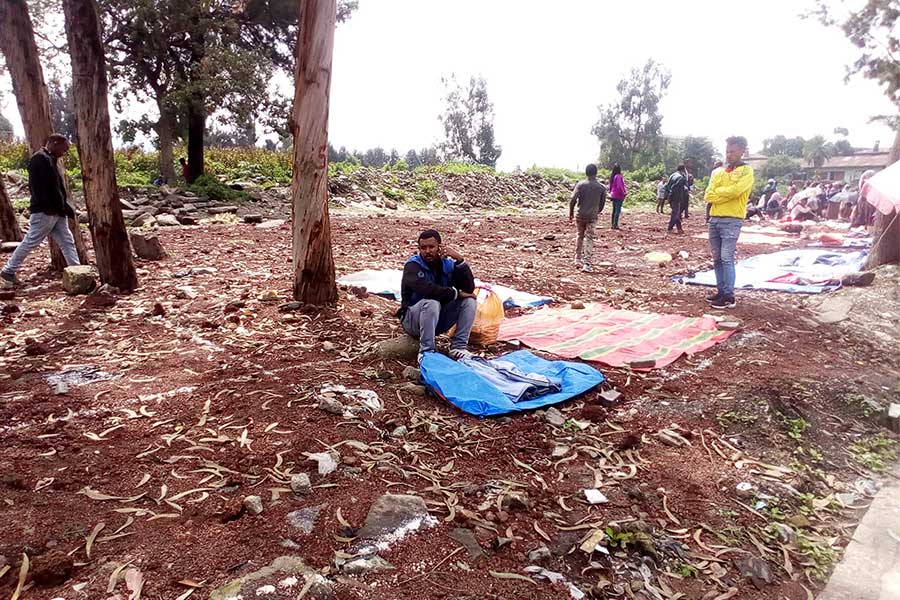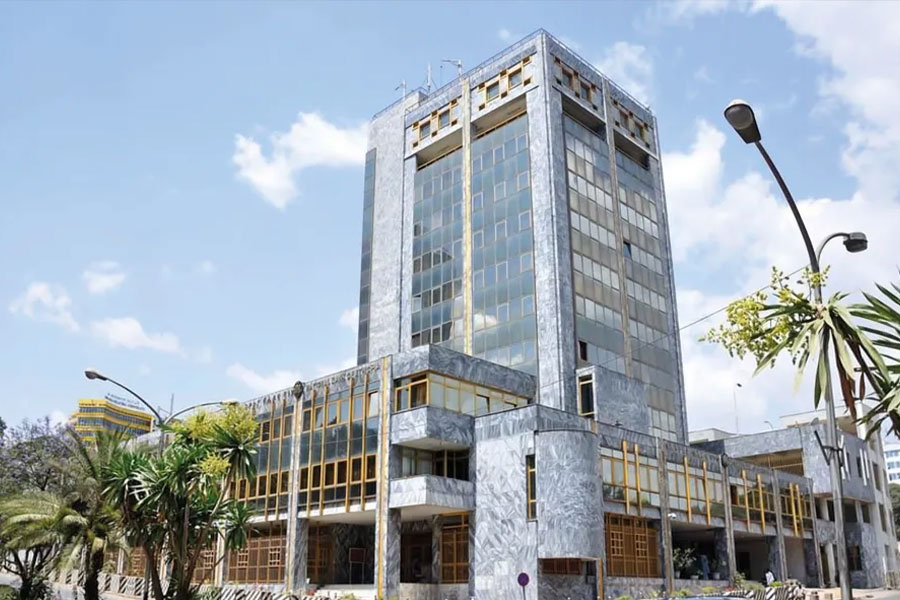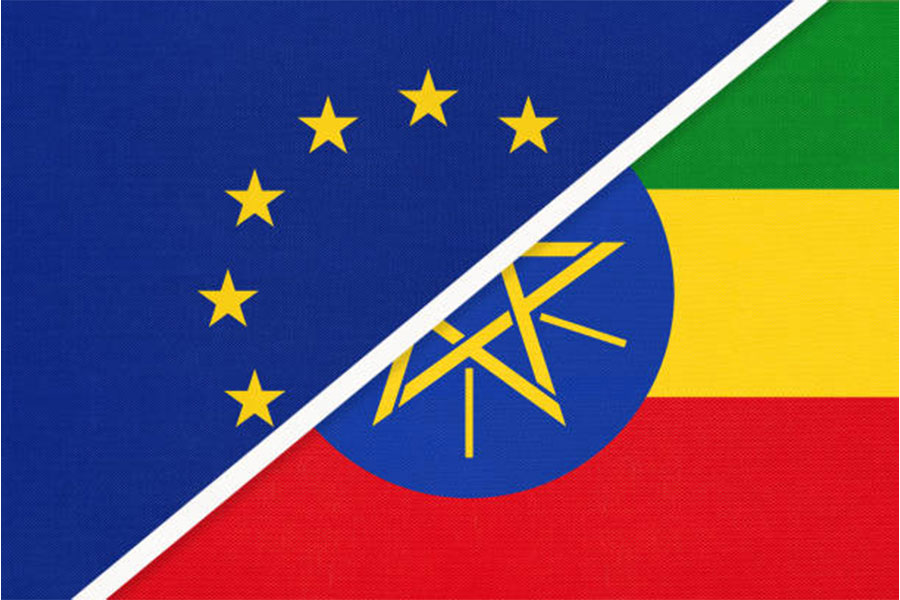
Commentaries | Jul 05,2025
A new proclamation paves the way for foreign nationals and native Ethiopians to open overseas employment agencies, in partnership with nationals.
Legislated by parliament last week, the proclamation is expected to significantly boost the number of employment agencies working in the country, falling after the outbreak of the COVID-19 pandemic and a sharp drop in the number of Ethiopian labour force migrating legally to the Middle Eastern countries. Members of the diaspora and foreign nationals must enter into partnerships or form a share company with local businesses, while they are not allowed to own shares above 20pc of the established agencies.
However, contribution in equity is limited to two million Birr.
“The aim of the amendment is clear and concise," says Dereje Taye, communications director at the Ministry of Labour & Social Affairs. "We wanted to encourage businesses to invest in this particular sub-sector and set up the foundation for strong agencies which can safeguard our citizens when they work abroad.”
The law is the latest in a series of legal reforms introduced over the last two years, aiming to open up the economy to foreign competition. Last year, a revised investment law expanded the definition of domestic investors, which include Ethiopian nationals, members of the diaspora, and foreign enterprises accorded a domestic investor status. Despite such a move, some laws, including the overseas employment agency law, put some restrictions on those under this category, including the diaspora.
Even though this was opposed by some experts, who assert such measures contradict the regulation, Samuel Girma, a business lawyer, begs to differ.
"The overseas employment proclamation does not contradict the investment law," said Samuel. "The latest and most specific law always prevails."
The Ethiopian Overseas Employment Agencies Federation has already expressed its disappointment over the opening of the sub-sector for foreign nationals.
Nebil Mohammed, chairman of the Federation, insists that the responsibility to protect Ethiopian workers travelling overseas is heavy and domestic companies are better suited to carry it.
The law has changed the eligibility requirement put on labourers. Unlike the previous law where migrant workers needed to prove to complete eighth grade, anyone without formal education can travel as long as they are trained and have obtained a Certificate of Competency (COC) from authorised institutions. This is a departure from the past when many have been forced to travel illegally, avoiding such stringent requirements, according to Nebil.
"We hope there will be a narrow opportunity for illegal migration to thrive," Nebil told Fortune.
More than 400,000 Ethiopians have crossed the Arabian Peninsula since 2017, according to the International Organisation for Migration (IOM), whose recent study concluded that less than half of migrants understand the dangers of boats capsizing at sea.
Exporting labour overseas to countries where there are better job opportunities has been adopted as a pro-development policy by many countries worldwide, with major players being China, Mexico, India, and Indonesia. Understanding its benefits to reduce unemployment and boost remittance inflow, Ethiopia has been following the same path, though the ill-treatment of citizens overseas undermined this.
PUBLISHED ON
[ VOL
, NO
]

Commentaries | Jul 05,2025

Viewpoints | Dec 15,2024

Radar | Aug 18,2024

Radar | Sep 28,2019

Radar | May 24,2025

Verbatim | Dec 09,2023

Radar | Nov 19,2022

Radar | Sep 10,2023

Viewpoints | Feb 09,2019

Fortune News | Nov 04,2023

Dec 22 , 2024 . By TIZITA SHEWAFERAW
Charged with transforming colossal state-owned enterprises into modern and competitiv...

Aug 18 , 2024 . By AKSAH ITALO
Although predictable Yonas Zerihun's job in the ride-hailing service is not immune to...

Jul 28 , 2024 . By TIZITA SHEWAFERAW
Unhabitual, perhaps too many, Samuel Gebreyohannes, 38, used to occasionally enjoy a couple of beers at breakfast. However, he recently swit...

Jul 13 , 2024 . By AKSAH ITALO
Investors who rely on tractors, trucks, and field vehicles for commuting, transporting commodities, and f...

Oct 11 , 2025
Ladislas Farago, a roving Associated Press (AP) correspondent, arrived in Ethiopia in...

Oct 4 , 2025
Eyob Tekalegn (PhD) had been in the Governor's chair for only weeks when, on Septembe...

Sep 27 , 2025
Four years into an experiment with “shock therapy” in education, the national moo...

Sep 20 , 2025
Getachew Reda's return to the national stage was always going to stir attention. Once...